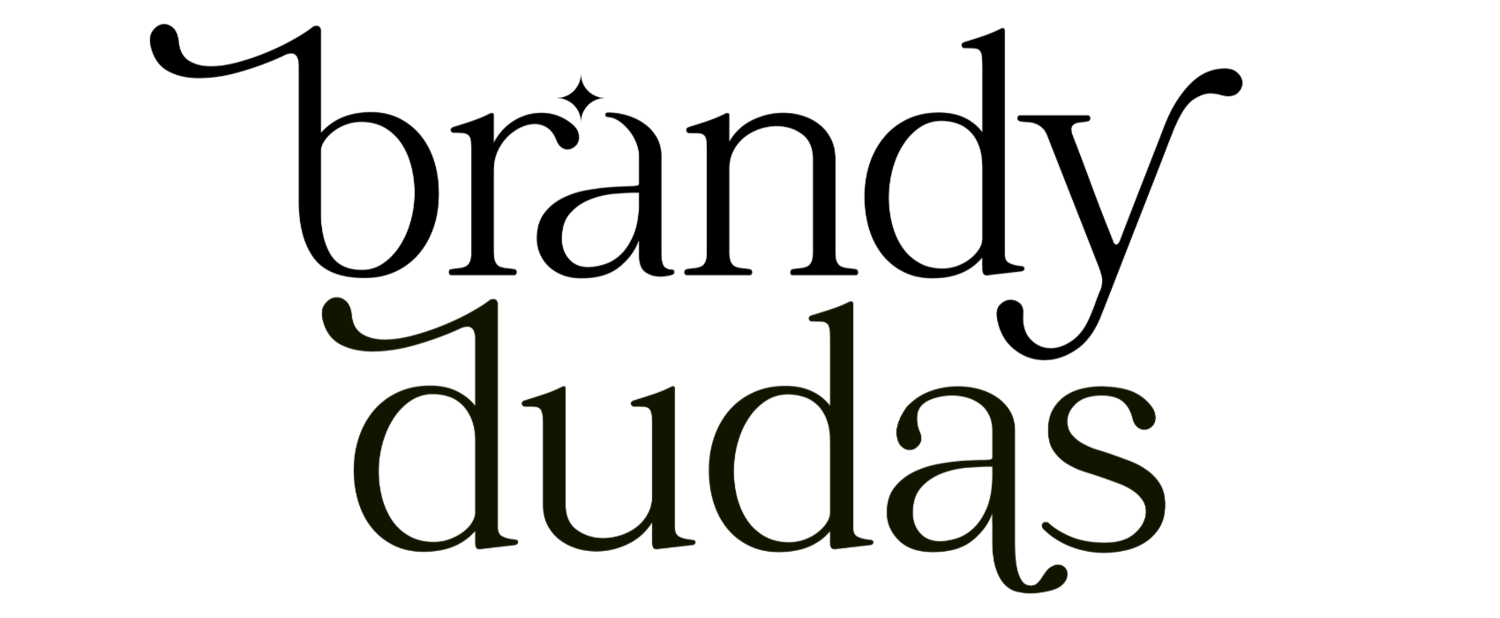How to lesson plan for your online course
You have your course structure all mapped out… you even broke down your topics into lesson ideas… but now how on earth do you teach a lesson?!
When I first started teaching college, I had NO IDEA how to lesson plan or that there were actual structures to help you plan out what to say/do. I was basically just thrown in the classroom and expected to know what to do.
Over the years I’ve taken classes and workshops in adult education as well as read tons of books and blogs. So today I am sharing with you an extremely practical model to structure your lessons.
Yes, this post is on how to effectively teach a lesson! I teach this in my program Profitably Launch Your First Course but I know this critical piece of knowledge is missing from so many course creation programs.
Caveat: So before we get into the structure, I want to say that this is NOT the only way to plan how you are going to teach a lesson but I find it very effective. I also don’t break my lessons down into this rigid structure every time I’m going to switch to a new topic because it is more fluid now that I’ve been teaching for many (many) years. But whenever I find a lesson dull or a topic that needs a refresh, I come back to this model, analyze the different components, and see how I can make each part a bit more exciting.
The B.O.P.P.P.S. Model
Introducing the BOPPPS Model for lesson planning! (I have seen this credited to the Instructional Skills Workshop at UBC)
Each small topic can be broken down further into the BOPPPS Model. So let’s say you are going to teach 3 topics in a 75 min class, you would go through this model 3 times.
Bridge In - This can be an ice breaker or a shift from one topic to another. Here you are introducing the topic, getting buy in from your students and hooking their attention. This is especially important for adult learners as they are skeptical and want to know ‘why should I learn this'. Stories are great, so are jokes, funny videos, or even a small game.
Outcome - Tell them what they are going to learn. What is the goal for the topic (or for the course?!)?
You can phrase this as “by the end of this lesson you should…..”
This simple phrase, or clarification, sets expectations about what is going to happen and the expected outcome.
Pre-assessment - Find out what your students already know! You may find out that some of your students are already familiar with the topic and can act as helpers, or you may find out that there is a knowledge gap that you need to fill before going into the main lesson.
This can be done informally in a small group by having a discussion. You can also use polls, or surveys to assess the knowledge of the students. (When I teach online workshops, I generally send out a questionnaire a few days before the workshop to find out what my students already know)
Participatory Learning - Now it is time for you to teach and the students to do an activity! Get them involved! This could involve a small game, collaborative research or brainstorming, or having them free write.
Post-assessment - This is where we make sure that our teaching landed with the learners! We are checking to see what they learned and to make sure it met the ‘outcome’ that we had chosen.
If you are face-to-face you can ask the students to write what is still unclear for them or what is ‘fuzzy’. If you are online, you can do this by having them type it in the chat, or you can set up an anonymous form if you think they are shy about reflecting on the lessons.
Summary - Here you are wrapping up the topic before moving on to the next one. You want to conclude or summarize so the students are ready to move on to the next topic. This time also gives students a few extra moments to think in case a question pops up… you can answer the question before moving on to the next topic.
Providing real world examples and showing how this topic relates to the overall course or subject are my favorite ways to conclude a lesson.
So there you have it - a way to lesson plan. I hope this is useful in getting your ideas out of your head and into a workshop or course!
Not sure if you want to have an ebook or a digital course?! Grab my free guide: Get Paid For What You Know
Queens University. (n.d.). BOPPPS Model for Lesson Planning. Retrieved March 24, 2021, from https://www.queensu.ca/teachingandlearning/modules/active/18_boppps_model_for_lesson_planning.html
